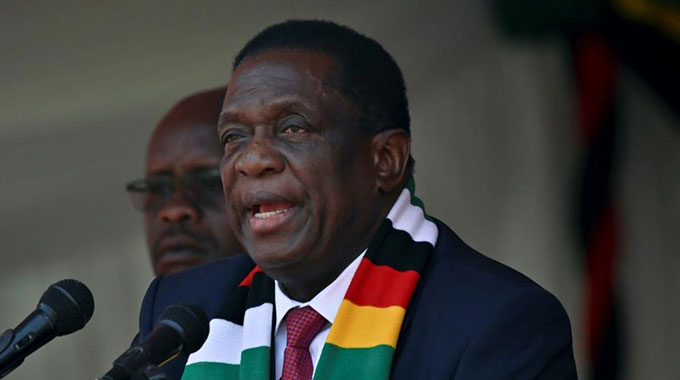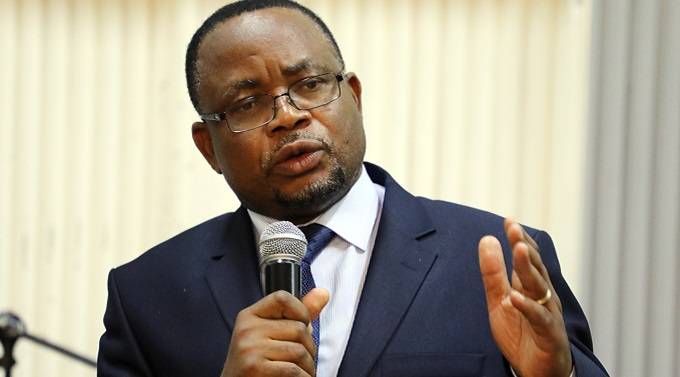Zimra outlines reforms to boost ease of doing business

Prosper Ndlovu, Business Editor
THE Zimbabwe Revenue Authority (Zimra) says it has started simplifying its processes and improving service efficiency as part of broader measures aimed at enhancing the ease of doing business in the country.
Delays in clearance of goods at the country’s borders as well as inefficiencies in domestic tax processes have in the past been blamed for frustrating trade relations and general ease of doing business.
Guided by its new five-year strategy (2019-2023), the tax authority said it was alive to the fact that the effectiveness and efficiency of exports/imports clearance at the borders have a direct bearing on the country’s ease of doing business index. Zimra board vice chairperson, Mrs Josephine Matambo, said the same reform focus applies to domestic taxation processes, systems and procedures.
“The authority is thus making a drive to review, simplify and improve process efficiencies across the whole organisation. This will be achieved through a ‘Business Process Re-engineering Project’, which will cut across all Zimra’s internal business processes and systems,” she said.
“Zimra has begun the process of acquiring a new tax revenue management system. This new system is expected to eliminate a lot of manual processes, thereby improving service efficiency. The objective is to increase tax and customs convenience to the transacting public.”
In undertaking some of these reforms, Mrs Matambo said Zimra has secured technical assistance from international development partners such as the African Tax Administrators Forum (ATAF) to review domestic taxes processes ahead of the acquisition of the new tax revenue management system.
“Zimra is also building capacity for improved compliance management in specialised sectors like the telecommunication and mining sectors,” she said.
“Training and technical assistance was received from ATAF through collaborations with the Tax Inspectors Without Borders (TIWB) Project, the International Monetary Fund, World Bank and the World Customs Organisation.”
Under the partnership pillar, Mrs Matambo said the tax authority continues to build strategic partnerships to improve its service delivery to facilitate both local and international trade. Zimra has said its strategy is tailor-structured to support Government’s Vision 2030 and the Transitional Stabilisation Programme (TSP). As such, the strategy is inspired to mainly achieve key TSP goals such as restoration of fiscal balance, plugging revenue leakages and improving ease of doing business. These are anchored on Zimra’s pivotal role in mobilising domestic financial resources to fund Government’s recurrent and capital expenditure. Strengthening domestic revenue mobilisation is critical in reducing dependence on aid through widening the tax base and increasing tax and customs compliance. In the past Zimra operations had been tainted by revenue leakages linked to corruption and it is now striving to close smuggling loopholes.
In its third quarter 2019 revenue performance report, Zimra said it exceeded the set target on both gross and net positions. “Gross collections for the Third Quarter (Q3) of 2019 were $6.59 billion against the targeted $6 billion, thereby surpassing the third revised set target by 26.55 percent,” reads the report. Meanwhile, cumulative net revenue collections for nine months ending 30 September 2019 stood at $11.48 billion against a target of $10.52 billion.
“At this rate, Zimra is set to exceed the 2019 annual revised net revenue mobilisation target of $18.6 billion,” said Mrs Matambo. Going forward into the 4th quarter, she said Zimra would strengthen its risk-based and sector targeted audits, intensify debt recoveries, increase compliance measures, scale the corruption fight and prosecution of tax evasion offenders.












Comments